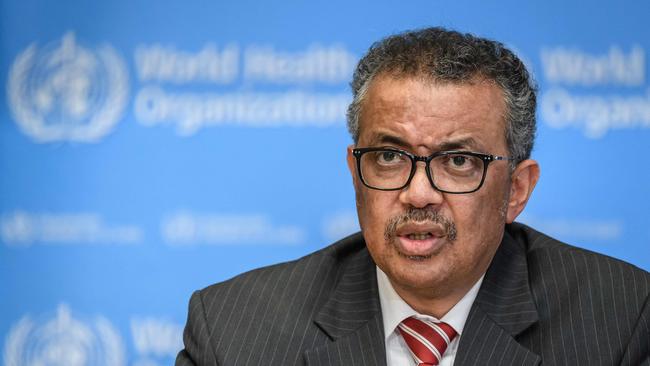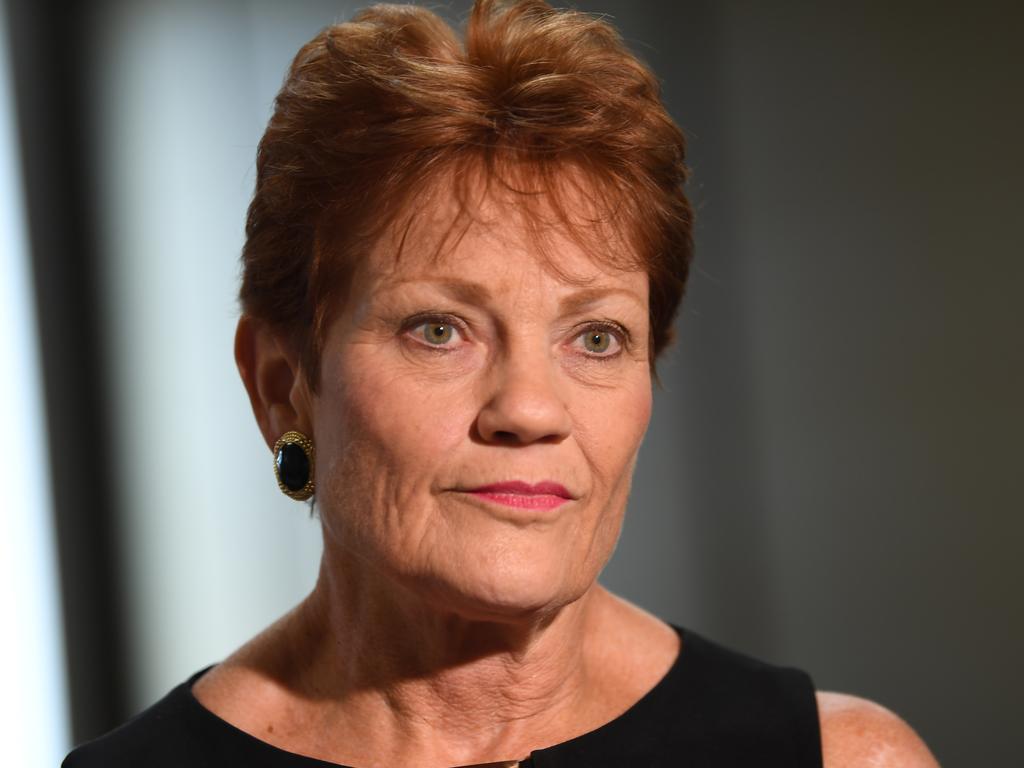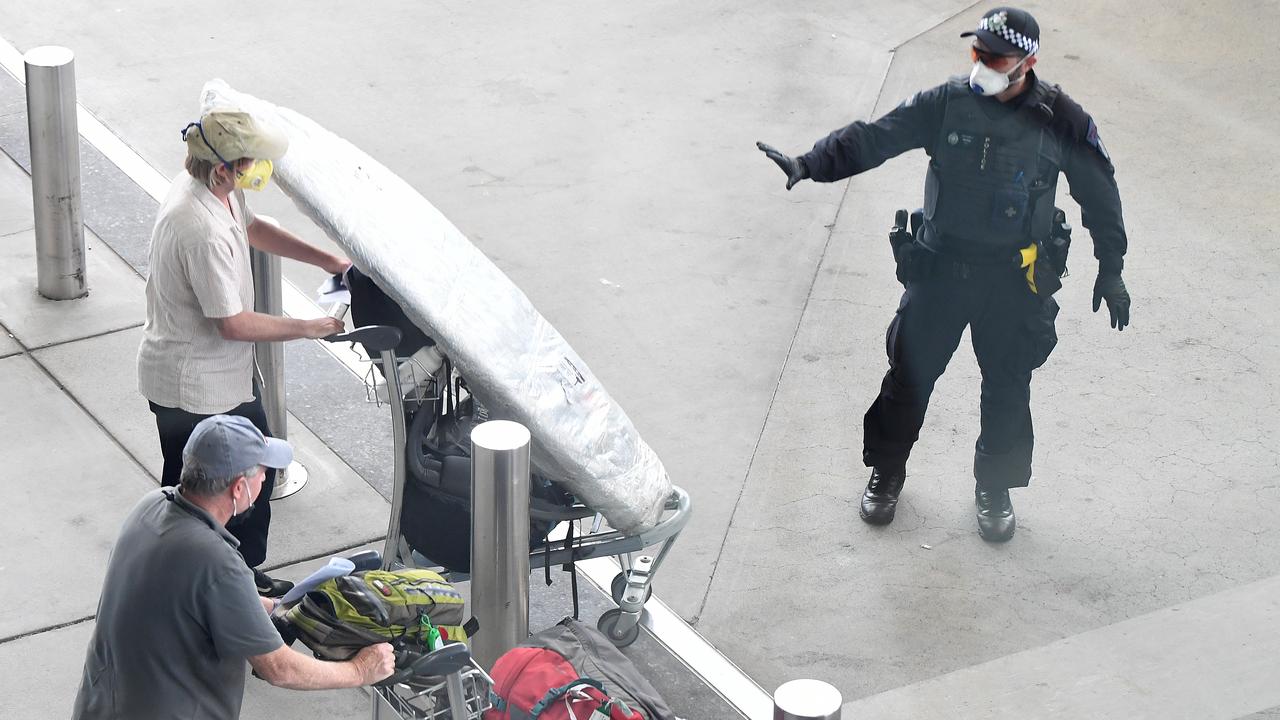Coronavirus: UN’s World Health Organisation missing in action

Two days later, the WHO cited Chinese authorities, saying it was “reassured of the quality of the ongoing investigations and the response measures (as well as) the commitment to share information”. There was “no clear evidence of human to human transmission”.
Yet evidence of Beijing’s suppression of vital early warnings about the outbreak quickly emerged.
On March 11, the WHO belatedly renamed the disease a pandemic. By this time it had spread to more than 100 countries.
In all other aspects of disease management, as the numbers of infected and dying expand, the world’s premier health body has been missing in action.
The WHO was established in Geneva in 1948 as an off-shoot of the UN. It now has a staff of 5500. From personal experience, when working on overseas aid projects in the 1980s, I found its input to be minimal: the occasional rep would jet in first class, stay at the best hotel, have a chat and jet out again.
Its budget last year of more than $US3.5bn of contributions shows that 40 per cent is spent on country offices, 25 per cent on regional offices and 35 per cent ($US1.7bn) on its Swiss headquarters.
It is difficult to find the exact total spent on administration as opposed to “the sharp end”, but a figure of 50 per cent has been mooted.
The role of the WHO was intended to be improvement of primary healthcare and access to medicine and health products. Multiple reviews have questioned its current aims and motivation.
Increasingly, its focus has changed from disease to “a health system-orientated approach to build synergies”. It has changed from an organisation that copes with health emergencies to one preoccupied with gender equality, human rights and sustainable development. Its latest budget has increased while its allocation to polio eradication has declined.
In 2009, the New England Journal of Medicine reported on the WHO’s response to the H1N1 swine flu pandemic. Its sole contribution was to (again belatedly) declare a pandemic.
In the African Ebola outbreak in 2014-16, the WHO again was slow to respond. Both aid providers and a review by medical journal The Lancet perceived the organisation as overly bureaucratic, slow to act and poorly co-ordinated. Recommendations for reform have not been followed up.
The ongoing COVID-19 outbreak has again shown the WHO to be incapable of fulfilling its role as leader of medical management of worldwide outbreaks; its contribution has been to give outdated statistics and, far too late, proclaim a pandemic.
It has made meaningless statements such as “all countries should increase their level of preparedness and rapidly institute necessary measures”.
The WHO has conspicuously failed to call out China for its early concealment of the epidemic, while praising it for its subsequent authoritarian control; it has perversely praised the country for its transparency.
In January, when the WHO travel advice was issued, China was already engaged in a cover-up, including imprisonment of doctors who had tried to notify overseas authorities. The WHO even designated the virus COVID-19 to remove any connection with its Chinese source. The refusal of the organisation, like its parent the UN, to recognise the existence of Taiwan is another example of political expediency.
WHO director-general Tedros Ghebreyesus, appointed to the role in 2017 with Chinese backing, has a history of failure in management of several cholera outbreaks in his home country of Ethiopia; he was then health minister (2005-12) in the government run by Ethiopian People’s Revolutionary Democratic Front. It was here that he first became involved in multiple projects funded by the Chinese Communist Party.
We should question what is being achieved by this cumbersome organisation, and whether its vast budget could and should be better spent.
Graham Pinn is a retired consultant physician and tropical medicine specialist.







The coronavirus has shone the spotlight on the World Health Organisation. On January 10, it stated “there are no specific health measures for travellers to and from Wuhan, China”.